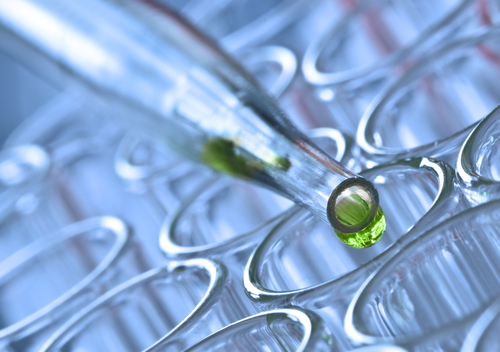ALS-linked Protein May Help Explain Why We Live Longer than Other Species, Study Reports
Written by |

A defense mechanism that uses a protein linked to ALS could be part of the reason why humans live longer than other animals, a study suggests.
The research, “Oxidation of SQSTM1/p62 mediates the link between redox state and protein homeostasis,” appeared in Nature Communications.
Autophagy is a critical process that cells use to dispose of faulty or unnecessary components, including toxic protein clumps. Autophagy defects have been implicated in several disorders, including ALS and other neurodegenerative conditions, cancer, and infectious diseases.
“As we age, we accumulate damage in our cells and so it is thought that activating autophagy could help us treat older people suffering from dementia. In order to be able to do this we need to understand how we can induce this cell cleaning,” Dr. Viktor Korolchuk, a Newcastle University professor who was the study’s senior author, said in a press release.
All species have mechanisms that regulate autophagy, but researchers don’t know how they evolved in vertebrates — higher forms of animals with a spinal column.
Using a range of molecular biology and imaging approaches in cells, flies, and mice, researchers from Britain, France and Finland discovered an alteration in the autophagy pathway in vertebrates that protects against reactive oxygen species, toxic byproducts that damage cells.
The alteration stemmed from the residues of two amino acids — building blocks of proteins — that are found in a human protein receptor called p62. The amino acids respond to oxidative stress by triggering autophagy.
Because the researchers didn’t find this defense mechanism in flies, they genetically modified them to have humanized amino acid residues. They discovered that the flies had greater resistance to reactive oxygen species.
“This tells us that abilities like sensing stress and activating protective processes like autophagy may have evolved to allow better stress resistance and a longer lifespan,” Korolchuk said.
Importantly, scientists had previously linked a mutation of human p62 to ALS. The European scientists extended the finding by showing that cells with the mutation were unable to use autophagy to protect themselves against reactive oxygen species. This could lead to the premature death of nerve cells observed in ALS, the team said.
Overall, the study suggested that an accumulation of adaptations, such as that of p62, over time could have led to humans having better natural defenses than other animals.
“This has wider implications for the myriad of important processes in which autophagy is implicated, including aging, cancer cell survival and ischaemia/reperfusion injury,” the scientists wrote. An ischaemia/reperfusion injury occurs when oxygen-carrying blood returns to tissue that has had no oxygen for a time.





